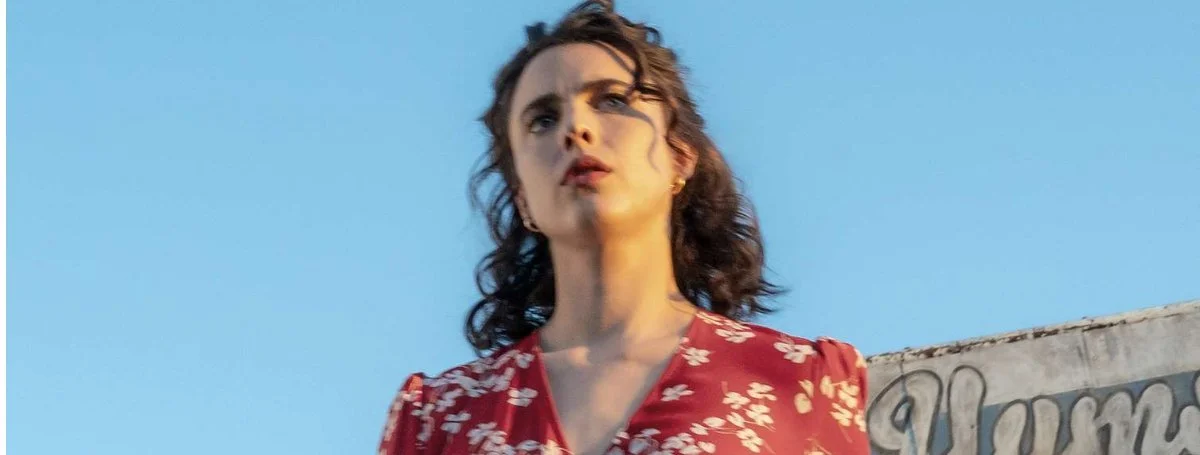Director Ari Aster has claimed that “Midsommar” is his “breakup movie.” After all, the screenplay was written when the director, as he has acknowledged in interviews, was going through a rough patch in a long-term relationship. Aster’s second feature — which, like his debut “Hereditary,” is about grief but done within the horror genre, is filled with passionate filmmaking, but, also, familiarity.
A horror movie that, at times, almost feels like a surreal comedy, Aster's sophomore effort hits unlikely bumps along the way, but is powered by his considerable visual framing talents and a very strong performance from Florence Pugh.
Pugh plays Dani, a young woman having to deal with a family tragedy and the toxic relationship she’s in with self-absorbed boyfriend Christian (Jack Reynor). Despite initially wanting to break up with Dani, before the eventual tragedy that pulverizes her to depression, Christian ends up feeling obligated to invite her to a mid-summer getaway in Sweden that he and his friends planned to embark on after they broke up. And so, much to their disapproval, scholarly Josh (William Jackson Harper) and stoner Mark (Will Poulter) have to do the male-bonding trip with their best friend’s girlfriend tagging along.
The remote Swedish village they visit, with Swede classmate Pelle (Vilhelm Blomgren), has them exploring the rituals of the ancient family traditions Pelle’s relatives practice. It’s that time of the year, when mid-summer hits the country and the sun never, or barely, goes down. Oddly rendered dancing, singing, praying, eating and sleeping is at the rendezvous for our American travelers. But then death happens, quasi-deranged ritualistic suicides, which trigger the protagonists and make them realize that the cult-like atmosphere of this village has sinister shades hidden beneath.
Forget subtlety, “Midsommar” decides to give Pugh a chance to chew up the scenery and showcase the marvelous acting talents she displayed in “Lady Macbeth.” However, her male counterparts struggle a bit more in finding depth in their characters. Reynor is dull as the immature man of Dani’s life, a guy that’s so toxic to her mental health that he even starts eyeing the village redhead, who badly wants his seed to procreate a non-inbred baby.
Working with his “Hereditary” cinematographer Pawel Pogorzelski, the enhanced lighting, trying to augment the sun’s already damning power over the village, gives the film a unique solar look. Aster, on the other hand, struggles a bit more with the subtleties needed to make a film such as this one work. Of course, tackling a pagan-like cult in a remote part of an all-white country will bring back memories of 1973’s “The Wicker Man” and “Midsommar” can sometimes struggle in trying to find its own identity amid the ‘Wicker’ cloud that, quite annoyingly, hangs over it. Many of the beats and narrative developments of the film’s first half feel all-too predictable. And so, it’s a breath of fresh demonic air to have Aster finally let it rip in the more outrageous second-half, abandoning self-seriousness and going for full-on horror comedy, with its cult classic status all but sealed in the process.
If Aster’s screenplay fails in bringing the nuance to its overstretched 150 minutes, the writer-director continues his progress as a director that can drive story with unsettling imagery - some of the shots in “Midsommar” are so indelible, almost Kubrickian-like in their precision, that you come to forgive the flawed set-up and just soak up the colors.
This is no ordinary horror exercise, but rather the work of a unique talent still waiting to hit his full stride. [B-]





